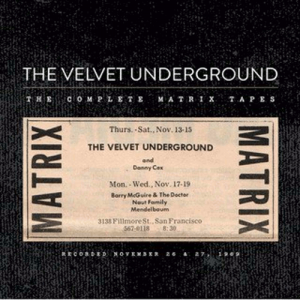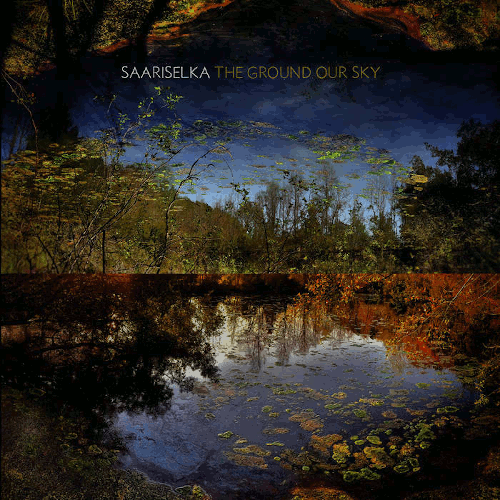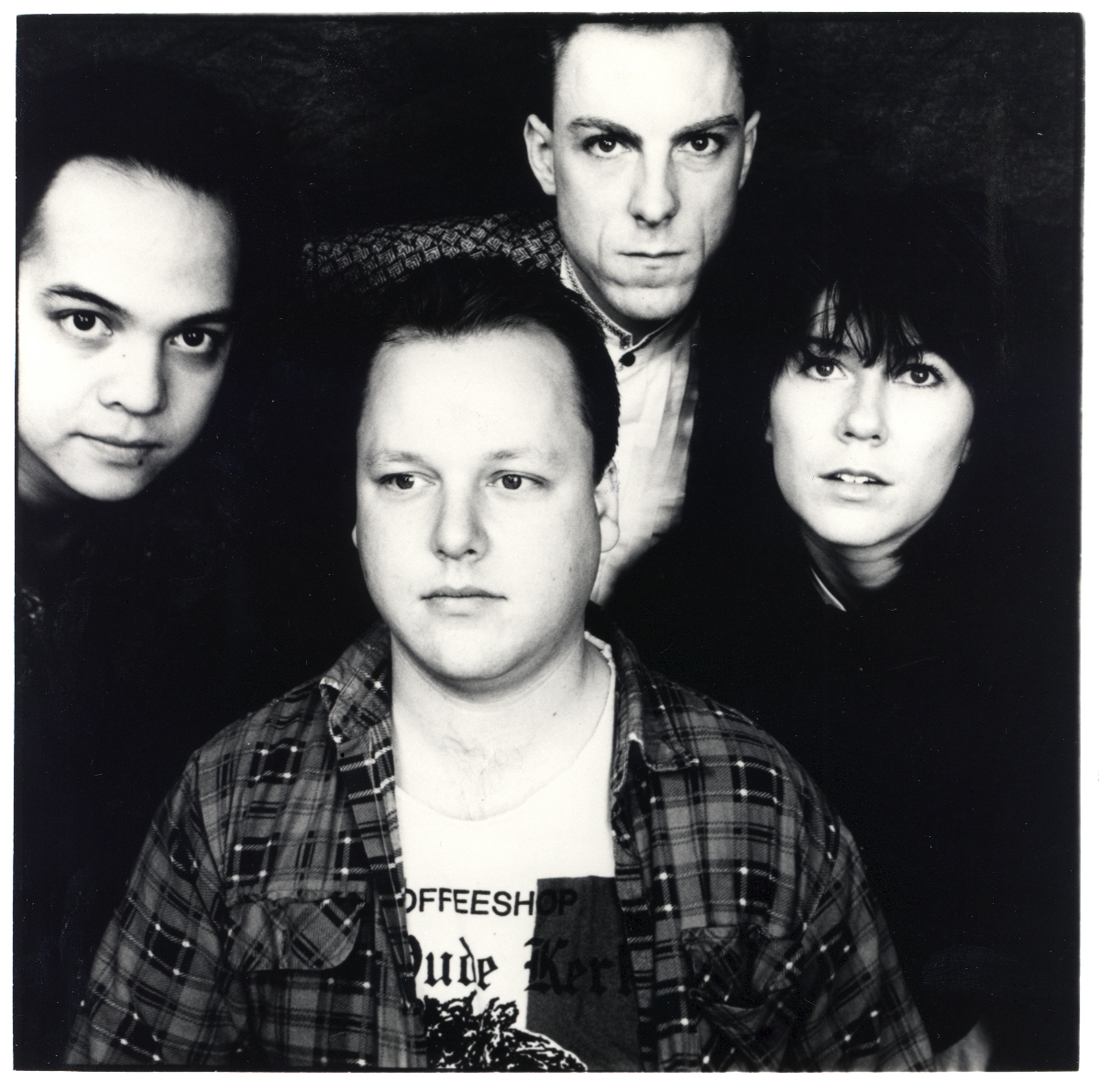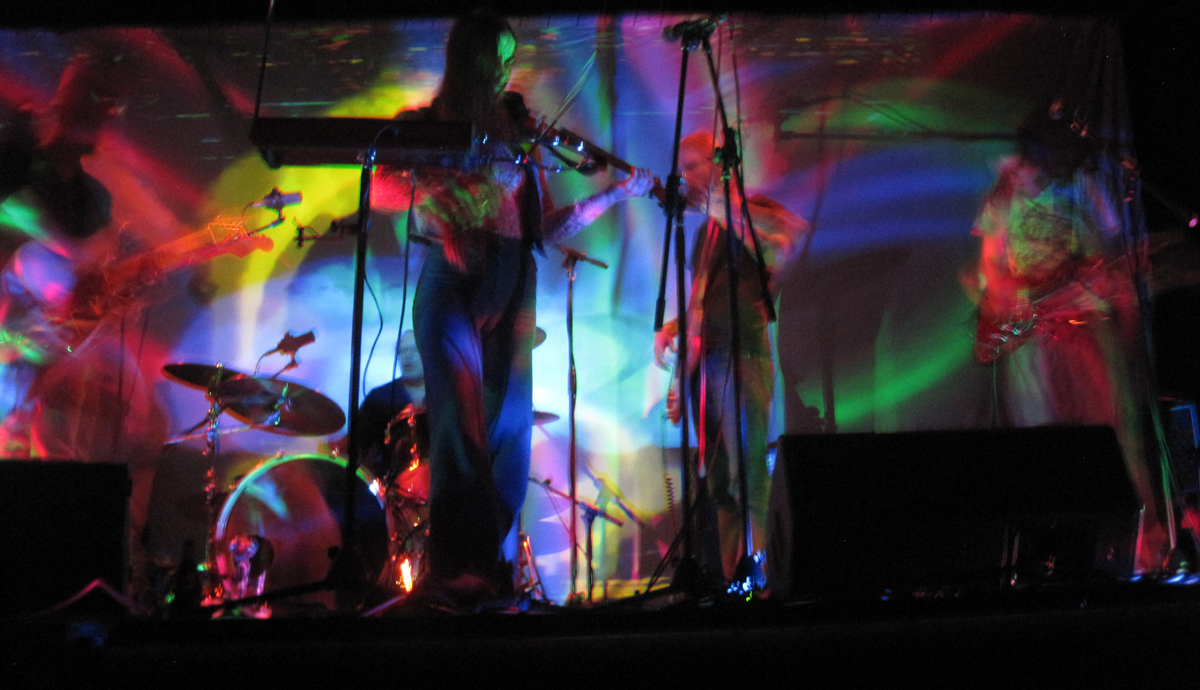 It’s probably a fair assumption that the more rabid Velvet Underground fans clocked this on its first CD release in 2015. But if you’re not that, and also can’t be bothered with reading the remainder of this review – tl;dr – this is a very good live document of VU.
It’s probably a fair assumption that the more rabid Velvet Underground fans clocked this on its first CD release in 2015. But if you’re not that, and also can’t be bothered with reading the remainder of this review – tl;dr – this is a very good live document of VU.
I wouldn’t describe myself as a particularly rabid fan of VU, but I did absolutely love The Quine Tapes and the Dolph acetate. So I’m not entirely green. Anyway. So the point I want to push out here is that there’s a couple of reasons VU hold the position they do within proper rock music. And it is to do, in my head, with the tensions between Lou Reed, the pop songwriter with a wicked pen, and John Cale, the vanguardist troublemaker arranger. Neither were particularly inclined towards doing things the doctrinaire way (Reed’s drones on pre-VU “Ostrich”, Cale’s work with La Monte Young etc).
I wouldn’t say Reed wasn’t interested in the avant side of the fence, but it struck me that the tension with Cale was that Cale was (is) more about dragging music away from comfortable areas, while Reed was more about the juxtaposition, the challenging of pop form. Reed was also so much more literary. Records like Berlin, Magic And Loss, The Raven — they could be called “concept” albums, but they’re much better than some prog caprice.
So yeah. That’s how I figure VU. But there’s also at least two VUs. There’s the VU of The Velvet Underground and White Light / White Heat, and there’s the VU that followed. I wouldn’t say latter VU was deficient in any way, but they certainly didn’t have the fizzing violence of Cale-era VU. Songs are shorter, there’s less mess, there aren’t the expansive jams, concepts are more songly… and there’s a very clear vision of what (early) post-VU Reed would do. There’s a sidenote there about my preferring post Metal Machine Music Reed to earlier stuff (The Blue Mask!), but hardly the point. Although maybe, given that Reed’s possibly at his best with the more expansive sidefolk.
And so here’s the thing with VU for me — their being cemented in rock canon is partly due to Reed’s later work, and partly due to this VU. The VU of The Velvet Underground (in particular) are not the VU that would be accepted by big old boring straight white rock music (that occasionally likes bi men under very restricted conditions). Were it not for Reed being able to tick those straight rock boxes (however perversely), they’d probably be a footnote to a story about Andy Warhol. The VU that we’ve got here sits in a lineage of jammy bluesy bands, somewhere on an intersection between post-electric jammy Bob Dylan and asininely “out there” stuff like The Grateful Dead. Although, having lashed out at VU that way, I should note that Reed’s pen and purview have always been substantially more acidic and assiduous than those lazy hacks.
I should probably briefly check in on some of the things you might want out of this — it’s a surprisingly good recording considering it languished unreleased for so long, and substantially cleaner than The Quine Tapes. There’s a fair few numbers with new, or extemporised lyrics. You get the idea that a few of the songs had fixed forms, but on a few (“I’m Waiting For The Man”) there’s a bit of cutting loose. Not too much, mind you; this isn’t hippy bollocks.
I can’t imagine this being the set that’d sell anyone who’s yet to dig VU. And that’s OK. It’s also a lot better than “historical interest” compilations. This set is all in luxury vinyl and all that lot so, like, it’s pretty much pitched at your dad. I’d say, though, that if you’ve got the bones, it’s worth a splash. Until such a set surfaces as a four-hour Cale jam, I’m going to send myself to the hill marked “The Complete Matrix Tapes is VU’s best live release” and die there.
-Kev Nickells-



